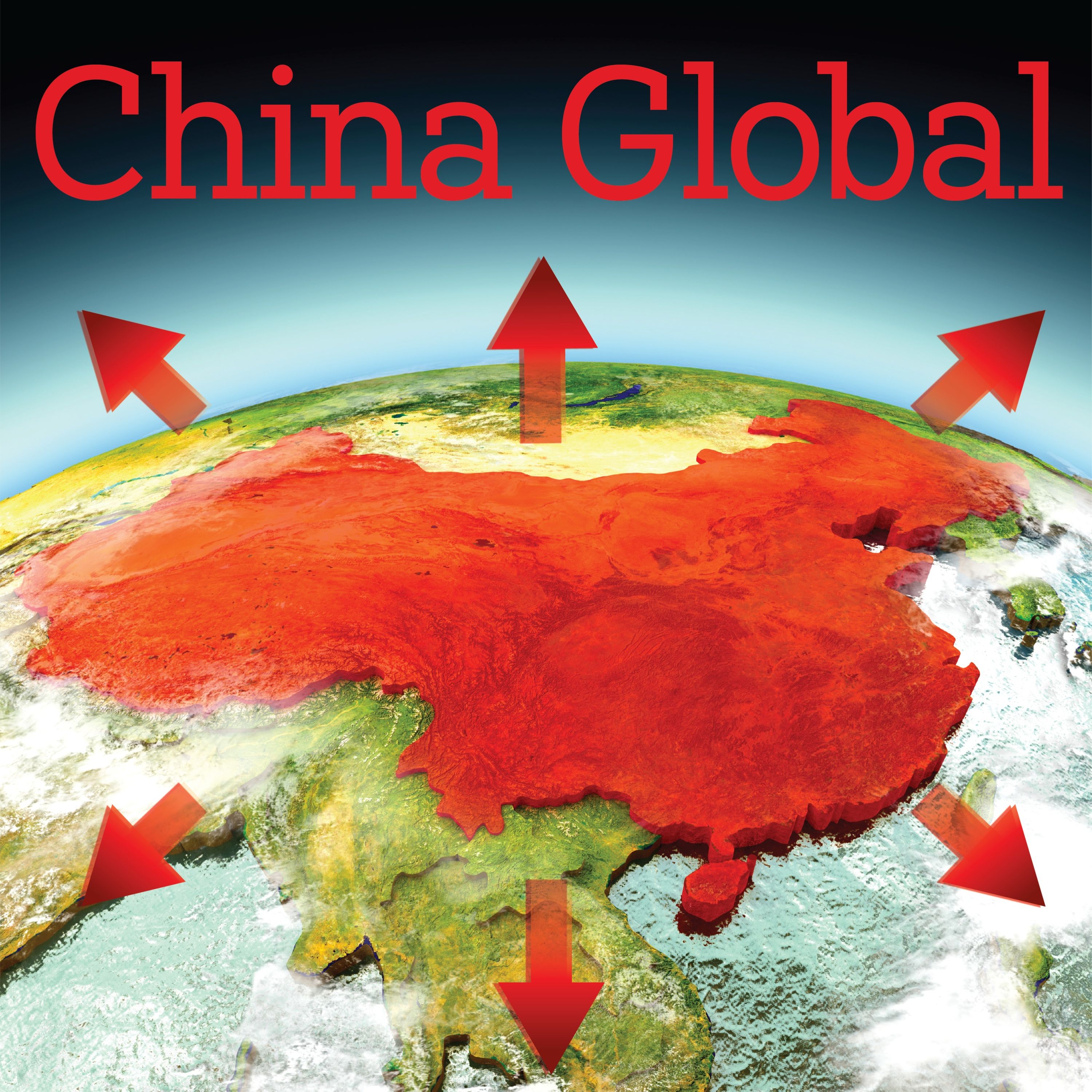
The 2022 Winter Olympics, Calls for Boycotts, and the Role of Sports in China

China Global
Shownotes Transcript
Next February, the 2022 Winter Olympics are scheduled to be held in Beijing, the venue of the 2008 Summer Olympics. Preparation for the Games is well underway and China has said that it looks forward to welcoming the athletes; but due to the coronavirus pandemic, Beijing has banned foreign spectators, as did Japan when it hosted the 2020 Summer Olympics.
As the 2022 Olympics near, several countries, including the United States, Australia, the United Kingdom, New Zealand, Canada, and Lithuania, have announced a diplomatic boycott of the competition, and others may do so as well. So far, all countries will allow their athletes to compete. The diplomatic boycotts are a response to concerns about China’s human rights practices, especially in Xinjiang, where at least one million Uyghurs and other ethnic minorities have been subject to involuntary detention in what China labels “reeducation camps.” Countries have very limited leverage over Chinese domestic human rights practices, and some argue that the Olympics provides a rare opportunity to voice the international community’s concerns in a way that could shine a spotlight on China’s human rights violations. In an August 2021 survey, just under half of Americans stated that they believe China’s human rights record should prevent it from hosting the 2022 Winter Olympics, while 33 percent were uncertain.
Please note that this podcast was recorded just prior to the Biden administration’s announcement that it would not send officials to the Olympic Games.
Bonnie Glaser talks with Susan Brownell about the upcoming Olympics and, more broadly, about the role of sports in China and what the Olympics means to the Chinese people and to the Chinese Communist Party. Dr. Susan Brownell is a professor of anthropology at the University of Missouri-St. Louis. She was a Fulbright Senior Researcher at Beijing Sport University and competed on the Chinese track and field team at the Chinese National College Games in 1986. She is also the author of Training the Body for China: Sports in the Moral Order of the People’s Republic.